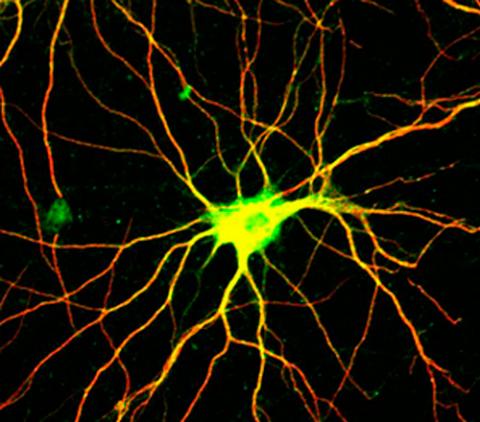The Heckman equation

Nobel Prize winner Professor James Heckman is working with the UCD Geary Institute studying the complex links between biology and disadvantage. Interview by John Holden.
Professor James Heckman is an economist of human development. As such, his work brings in the expertise of anthropologists, biologists, neuroscientists, psychologists, sociologists and any other ‘ists’ you can think of.
His theory, the Heckman Equation (www.heckmanequation.org), stresses the critical importance of early childhood development in the overall healthy development of any modern society. According to the Heckman Equation, many of society’s major economic and social ills – crime, teenage pregnancy, poor health etc – are linked to low levels of skill and poor attentiveness, persistence and impulse control. We would refer to these as ‘soft skills’ but Heckman begs to differ. “They are neither soft nor unimportant,” he says. Heckman has found hard evidence that such skills are essential to success in life. Early development of these skills greatly affects the successful development of IQ and intelligence.
“My work here in Ireland will be somewhat different to the Heckman Equation in the US,” he says. “I’ve been working on this kind of research for a while, but what was missing is understanding what early years do for lifetime health - what the origins of a healthy life are. So even though I’m an economist there’s a very strong medical and biological component to my work. The funding we’ve received in the UCD Geary Institute from the European Research Council allows us to look at early stages and understand biological foundations of economic and social disadvantage.”
His work therefore could be described as ‘the biology of disadvantage’. “You take the Irish travelling community as a theoretical example,” says Heckman. “The Irish traveller has been living in a disadvantaged state for generations. What I want to know is how has that disadvantage affected his or her genes. I want to explore the possibility that biology gets under your skin and physically changes the way the body works.
“A government-led anti poverty policy can literally change the way the body expresses itself,” he adds. “You can actually see changes in the way genes express themselves in the brain development of a child growing up in a harsh environment where domestic strife, poverty and nutritional deficiency are the norm,” he says.
“If we move our example from Ireland to Malawi, we’ll see even harsher conditions for children to grow up in. In extreme poverty you see a severe absence of nutrients, which will result in their own changes in brain structure, which can lead to impairment of IQ and so forth. This consequently leads to substantial permanent conditions moving from one generation to the next.
“Essentially the real goal of my work is to try and avoid problems from the outset, rather than trying to treat them after it’s too late."
Image top Journal of Cell Biology.
